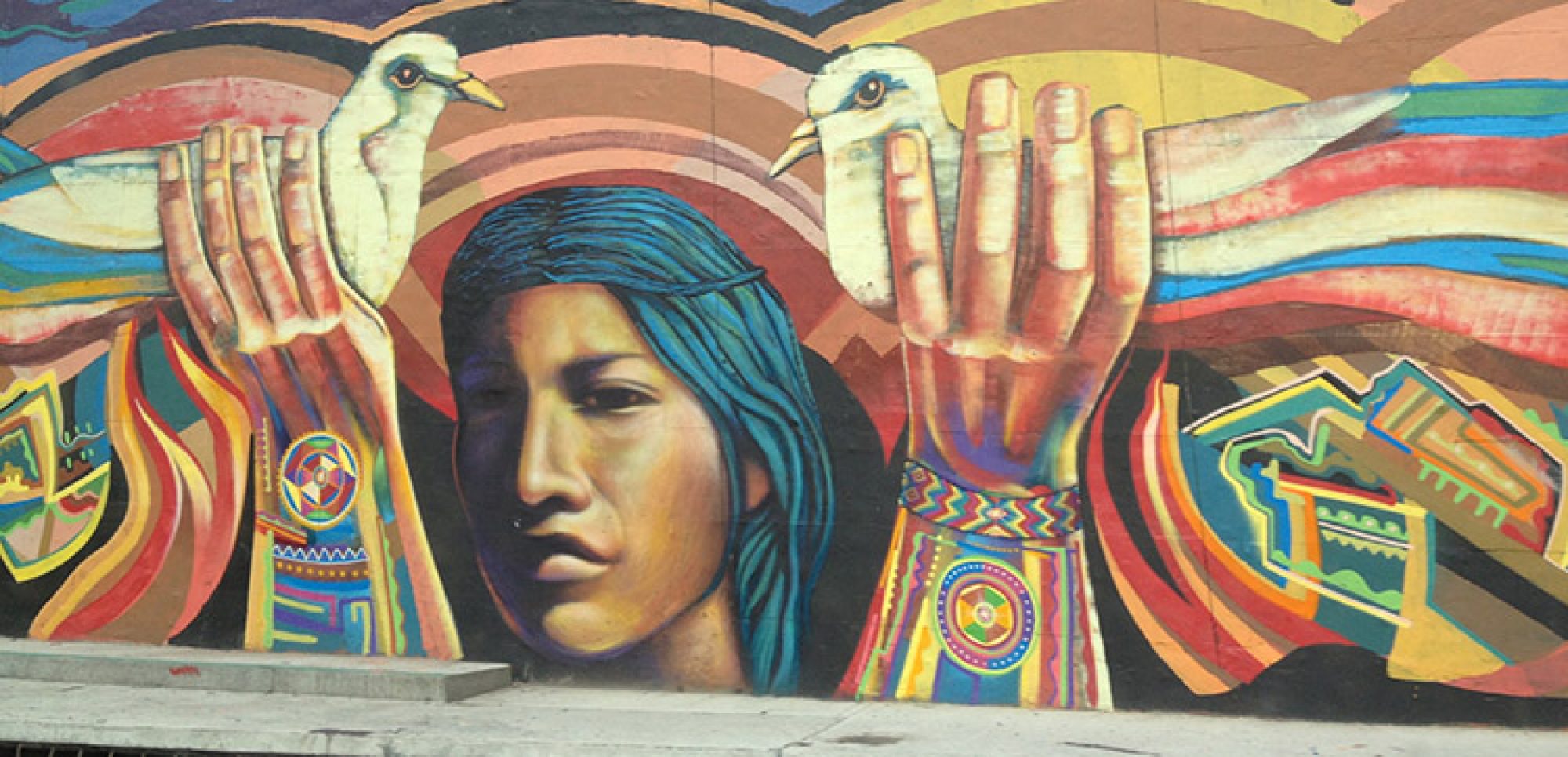I really liked this folktale in particular, so this week I am going to focus on it.
The Pongo’s Dream is an interesting and sad story that can be used to understand the oppression of Quechua people at the hands of non-Indigenous wealthy landowners.
While the majority of the story focuses on the sad life of the pongo, taking pity on him, it ends in a revengeful way that caught me off guard. After extensive descriptions of the dehumanizing circumstances the pongo was subject to, his dream is what inspired him to speak out and inform, maybe even caution, the lord of possible repercussions to his actions. I could be wrong, but as far as I know, dreams are prophetic in nature for the Quechua people (as well as many other Latin American indigenous groups). Therefore, it is possible that this story is meant to be a hopeful symbol of the justice that will one day be achieved for the Quechua people.
That being said though, one might also not interpret the conclusion of the dream to be symbolic for a hopeful symbol. It might be interpreted as revenge or karma, which are in themselves more of an allusion to omnipotent powers such as a god or “universe”. It is possible that the dream is symbolic of a lack of faith in humanity altogether. The idea that people can not be trusted to treat each other humanely and only higher power is capable of that. Also, another interesting part of this story is that the other pongos did not help the small man when he was being mistreated. This might be an allusion to a lack of solidarity that might have existed between Indigenous peoples in Peru?
Further, considering the role of folktales in many Indigenous cultures: to teach lessons and maintain valuable knowledge throughout generations, I am curious as to what the purpose of this folktale is. Is it to warn future generations of Quechua people about the injustices they will experience in their lives? Is it to inspire hope in people who are suffering at the hands of others? Is it a cautionary tale for those treating others inhumanely?
Overall, this story was super interesting to read!!
Discussion question: What do you guys think the ending of the dream means?

Hi Magalee!
Thanks for the insight! I didn’t realise the value of dreams to Indigenous peoples until I read your blog. When I first read this tale, I was convinced that the dream meant karma would eventually come even if it was only achieved in the afterlife. Now after further thought, I can see why his dream acts as a cautionary tale for the master (and other people who act like him). We don’t get to see the consequences that this story had on the master, so I wouldn’t be able to say for sure whether it works well as a precaution. All in all, I agree that this story highlights hope for the Quechua people.
I came to the same conclusions are you did Magalee, but for me I focused more on the revolutionary aspect of it. Even in recent history, we have seen so many Indigenous revolts that this seems like a prevalent theme throughout LA popular culture so it is very hard not to think of it this way.
Yes, I also think that the fact that this is a dream is very interesting. On the one hand, yes, we might think about the role of dreams in indigenous culture. (I think for instance also of the place of dreaming specifically in Australian aboriginal culture.) On the other hand, I at least am tempted to think about the way in which psychoanalysis speaks of dreams… among other things, as so-called “wish fulfilment,” which surely seems to make sense in this case.